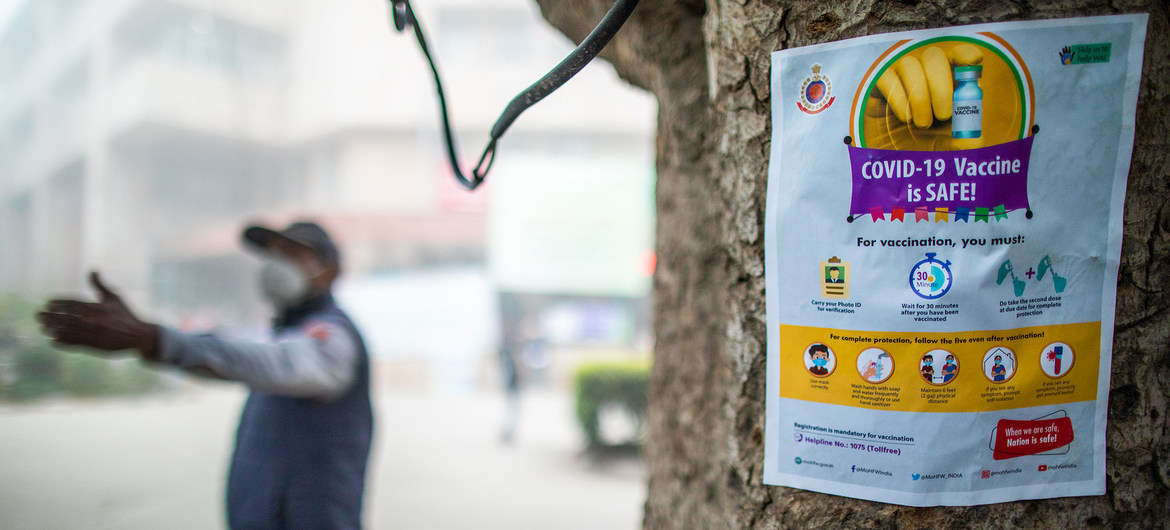
Geneva, January 17, 2024
The World Health Organization (WHO) is extending the deadline for public feedback on the development of a groundbreaking guideline focusing on the health of trans and gender diverse adults. The guideline, spearheaded by the Departments of Gender, Rights, and Equity (GRE), Global HIV, Hepatitis, and Sexually Transmitted Infections Programmes (HHS), and Sexual and Reproductive Health and Research (SRH), aims to address specific health challenges faced by these communities.
In line with standard procedures, a Guideline Development Group (GDG) has been established, and the proposed composition, along with related biographies, was made public on the WHO website for feedback on June 28 and December 18, 2023. The WHO received extensive feedback from communities and stakeholders, showcasing a commendable level of engagement. Acknowledging the need for more time for feedback, WHO has extended the deadline for submissions until February 2, 2024. All comments can be sent to [email protected].
The guideline seeks to confront health challenges that impede the rights of trans and gender diverse individuals to access quality health services, ultimately impacting their overall quality of life and life expectancy. The scope of the guideline was shaped by requests from certain WHO Member States and the outcomes of a stakeholder consultation in May 2022 with experts in transgender health and representatives from affected communities across all WHO regions.
Focusing on five key areas, the guideline will address the provision of gender-affirming care, including adult hormones; health worker education and training for gender-inclusive care; healthcare for trans and gender diverse individuals who have suffered interpersonal violence; health policies supporting gender-inclusive care; and legal recognition of self-determined gender identity for adults.
The GDG, composed of researchers with technical expertise, end-users such as program managers and health workers, and representatives of trans and gender diverse community organizations, spans all six WHO regions. These members will act in their individual capacity, not representing any specific organization, and will not receive financial compensation, adhering to standard procedures.
Upon the completion of the extended public feedback period, the final list of GDG members will be announced, and the group will commence its vital work. The overall process for guideline development is expected to take up to two years, with additional opportunities for external expert reviews and comments. This initiative aligns with WHO’s vision of creating a world where all individuals achieve the highest possible level of health and well-being, leaving no one behind.










